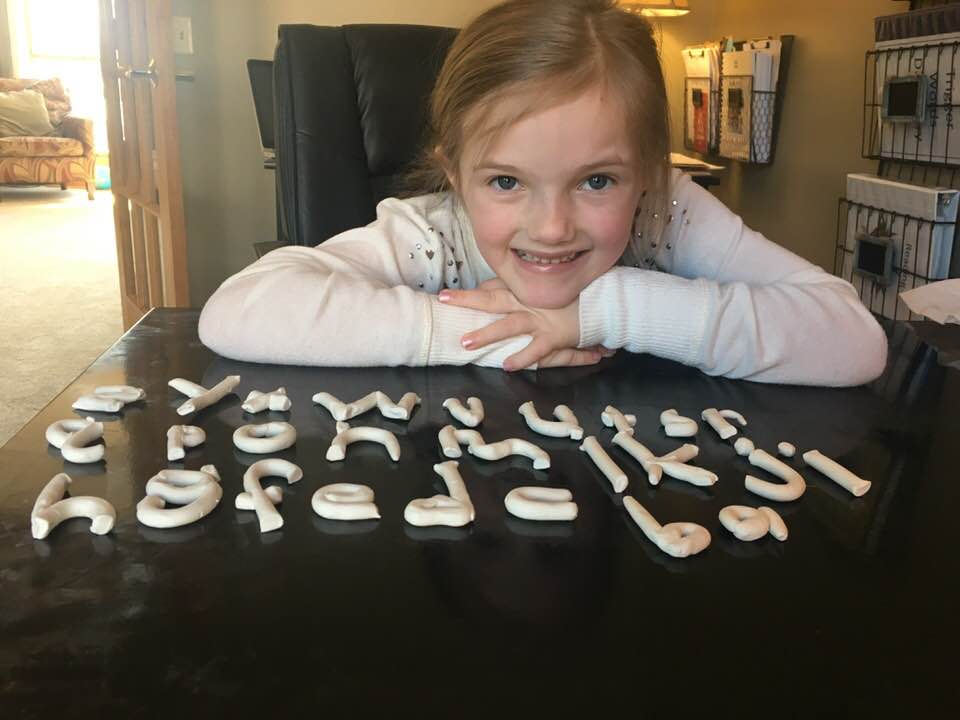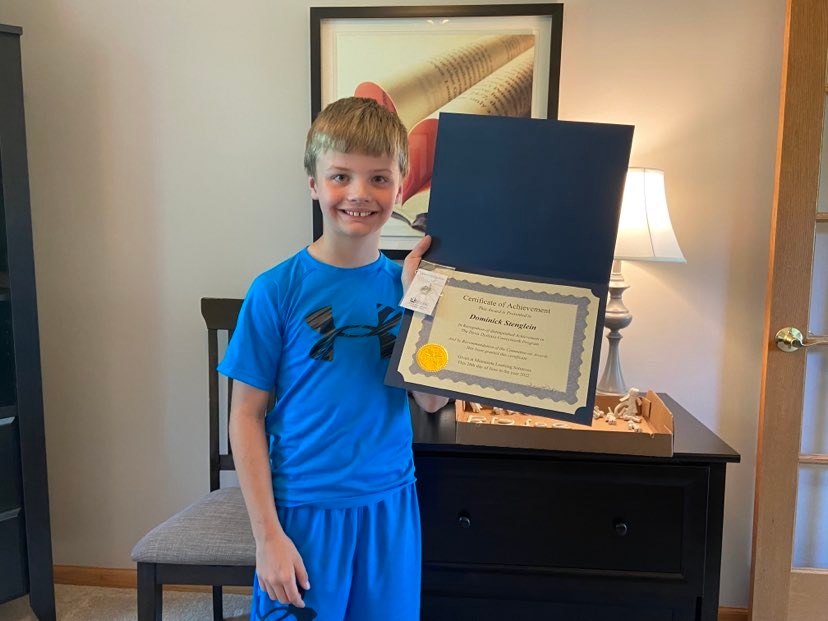PROGRAMS
DYSLEXIA – DAVIS DYSLEXIA CORRECTION® PROGRAM
The client can expect to leave the program with tools that allow for an increased ability to achieve and maintain focus, control mis-perceptions experienced during reading, increased self confidence and continuing improvement in reading fluency and comprehension.
AGE: 8+
SYMPTOM: Reading Dyslexics
DURATION: Five (5) consecutive days
Purpose:
- To resolve difficulties experienced with reading, writing, spelling, and/or penmanship for children and adults
- Developed for children (approximately age 8 and above), teens, and adults
Foundational Skills Gained:
- How to create and monitor a focused state
- How to self-regulate energy levels to appropriately match the task at hand
- How to improve balance and coordination
- How to resolve confusions caused by alphabetical letters
- To understand one’s own learning style and recognize its gifts
- Increased self-esteem
- Better stress-management and less anxiety
- The ability to focus attention
- Increased self-confidence
Academic Related Skills Gained Based on Individual Needs/Goals:
- Strengthened left-to-right eye movement for accurate word decoding
- Improved phonemic awareness through various activities
- Ability to independently implement word decoding strategies
- Improved spelling skills
- Ability to utilize one’s creative thought processes for letter and word mastery
- Increased accuracy in reading: decrease of substitutions, insertions, and omissions
- Improved fluency and word decoding abilities
- Improved comprehension
- Improved penmanship
- Skills for transferring thoughts in the mind to words on paper
YOUNG LEARNERS – DAVIS® READING PROGRAM FOR YOUNG LEARNERS
This program is for younger children who need help avoiding learning differences in the future. The client can expect to leave the program with an ability to focus and the foundations necessary to build reading fluency and comprehension. The majority of the program is administered with a parent or support person present to assist in helping the child acquire the new skills and techniques.
AGE: 5-7 years
SYMPTOM: Young Learners, Reading Dyslexia
DURATION: Ten (10) half days
Purpose:
- To provide younger children with lifelong learning skills for academic achievement
- To provide younger children with foundational skills necessary to develop reading fluency and comprehension
- To provide support of skills and confidence to a child’s parent(s) enabling them to continue working with child at home for successful academic achievement
- Developed for children ages 5 – 7, along with parent involvement
Foundational Skills Gained:
- How to create and monitor a focused state
- How to self-regulate energy levels to appropriately match the task at hand
- How to improve balance and coordination
- Increased fine motor coordination
- Positive experiences and attitudes developed for academic work
- Increased self-esteem
Academic Related Skills Gained Based on Individual Needs/Goals:
- Increased recognition and understanding of alphabetical symbols and their order
- Strengthened left-to-right eye movement for accurate word decoding
- Improved skills with word recognition, fluency, comprehension, and retention
- Concept understanding of all three parts of a word: its spelling, its pronunciation, and its meaning through a three-dimensional model created by the child
ATTENTION MASTERY
This program is for younger children who need help avoiding learning differences in the future. The client can expect to leave the program with an ability to focus and the foundations necessary to build reading fluency and comprehension. The majority of the program is administered with a parent or support person present to assist in helping the child acquire the new skills and techniques.
AGE: 5-7 years
SYMPTOM: Young Learners, Reading Dyslexia
DURATION: Ten (10) half days
Purpose:
- To provide younger children with lifelong learning skills for academic achievement
- To provide younger children with foundational skills necessary to develop reading fluency and comprehension
- To provide support of skills and confidence to a child’s parent(s) enabling them to continue working with child at home for successful academic achievement
- Developed for children ages 5 – 7, along with parent involvement
Foundational Skills Gained:
- How to create and monitor a focused state
- How to self-regulate energy levels to appropriately match the task at hand
- How to improve balance and coordination
- Increased fine motor coordination
- Positive experiences and attitudes developed for academic work
- Increased self-esteem
Academic Related Skills Gained Based on Individual Needs/Goals:
- Increased recognition and understanding of alphabetical symbols and their order
- Strengthened left-to-right eye movement for accurate word decoding
- Improved skills with word recognition, fluency, comprehension, and retention
- Concept understanding of all three parts of a word: its spelling, its pronunciation, and its meaning through a three-dimensional model created by the child
MATH
This program is for younger children who need help avoiding learning differences in the future. The client can expect to leave the program with an ability to focus and the foundations necessary to build reading fluency and comprehension. The majority of the program is administered with a parent or support person present to assist in helping the child acquire the new skills and techniques.
AGE: 5-7 years
SYMPTOM: Young Learners, Reading Dyslexia
DURATION: Ten (10) half days
Purpose:
- To provide younger children with lifelong learning skills for academic achievement
- To provide younger children with foundational skills necessary to develop reading fluency and comprehension
- To provide support of skills and confidence to a child’s parent(s) enabling them to continue working with child at home for successful academic achievement
- Developed for children ages 5 – 7, along with parent involvement
Foundational Skills Gained:
- How to create and monitor a focused state
- How to self-regulate energy levels to appropriately match the task at hand
- How to improve balance and coordination
- Increased fine motor coordination
- Positive experiences and attitudes developed for academic work
- Increased self-esteem
Academic Related Skills Gained Based on Individual Needs/Goals:
- Increased recognition and understanding of alphabetical symbols and their order
- Strengthened left-to-right eye movement for accurate word decoding
- Improved skills with word recognition, fluency, comprehension, and retention
- Concept understanding of all three parts of a word: its spelling, its pronunciation, and its meaning through a three-dimensional model created by the child




